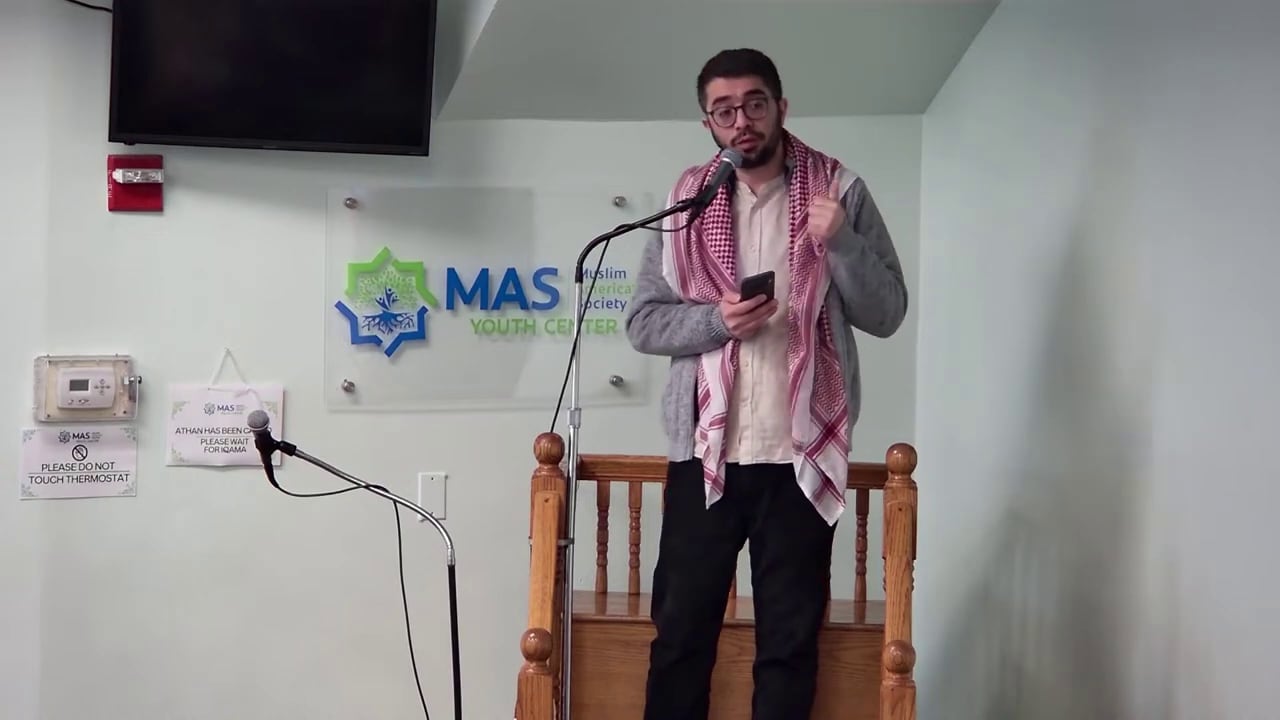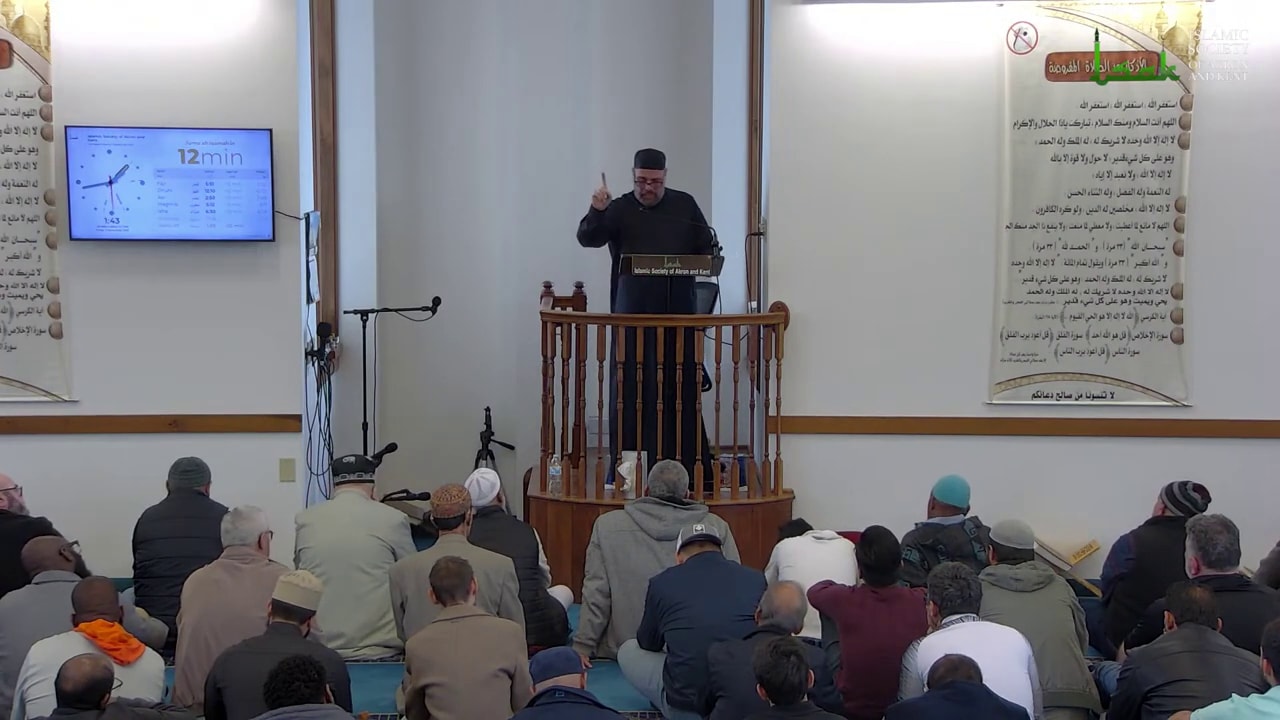
Following are excerpts from an interview with Sheik Naim Qassem, deputy secretary-general of Hizbullah, which aired on Al-Manar TV on August 15, 2006:
Interviewer: Some people in Lebanon hold you responsible, because you initiated the capture of the two soldiers, which led to this war.
Naim Qassem: The capture of the two soldiers is worth about 500 sorties, the destruction of about 200 homes, the attacking of 10-12 posts of the resistance, the targeting of three or four leaders. It has its limits. But when there is a war of this kind - a war which Rice called the war of the New Middle East, and with which Olmert said he wanted to change the rules of the game... Even in Resolution 1701 the two prisoners are not mentioned.
[...]
To those who say: "Look at the destruction," I respond: who caused this destruction? Israel did. Unless they believe that instead of the Israelis continuing to threaten like this, when we took the two prisoners, we should have returned them, and said "OK."
Let me tell you a joke. A man was teaching his son. He said to him, "Let's start with the alphabet. Say A." The son said: "I can't." The father smacked him, and said: "Say A." The son said: "I can't," so he smacked him a second time. Eventually he said: This is no solution. If I keep on smacking him like this, I'll finish him off. Let's see what's his story. He said to him: "Son, why won't you say A?" The son answered: "Father, If I say A, you'll read me all the letters of the alphabet, and I don't want to reach the end."
As for those who now say: Let's give up... When they said: Give up the 1948 territories, we ended up with the 1967 territories. They said: Come on, let's give up the 1967 territories - we ended up with the Oslo Accords. They said: Come on, let's give up Oslo - we ended up with the Roadmap. They gave up the Roadmap - we ended up with the Tenet plan. They gave up Tenet - we ended up with the wall. They gave up the wall... There is no end to it. These people have no limits. This logic of surrender means that we will lose Lebanon.
[...]
Interviewer: American President George Bush sees things differently. He believes Hizbullah was defeated in this war. What do you have to say to him?
Naim Qassem: I was looking for a suitable description for George Bush. I came up with two descriptions: either Hitler of the 21st century or the number one international criminal. He's nothing but a pharaoh who thinks the world can be run by force, and he does not realize that nations have feelings and concerns.
[...]
We declared from the outset that Resolution [1701] is unfair and unjust, because it places the responsibility on us, while ignoring Israel, as if it bears no responsibility for what happened, even though Israel was the aggressor, which wreaked this tremendous destruction, and violated human rights.
[...]
Nobody can impose terms on us, or commit us to anything we do not believe in. Let me be clear: Israel won't get through politics what it didn't get through war, even if the UN resolution gave this to Israel - in spirit only, not in the details. We have an interpretation and understanding of our own, and we believe that this issue should be handled by the Lebanese state, and that we must reach an understanding within the government.
[...]
We should negotiate all issues among ourselves, and reach an understanding. That is the right path, not to wave a stick. What they couldn't do through war, they want to do by peaceful means? It doesn't work like that.
[...]
Interviewer: But don't you think that the Lebanese government is committed vis-a-vis the international community to implement this resolution? As a party, you can "evade" this resolution, so to speak, but the government has pledged to implement this resolution, and is committed vis-a-vis the international community to implement it.
Naim Qassem: The government has relations with the international community, and it can convey the domestic state of affairs in Lebanon to the international community, and can say to it: We want to reach an understanding among ourselves.
[...]
The basic mission of the army, as we understand it, is to defend South Lebanon from the Israelis.
Interviewer: That's the Lebanese army, but what about UNIFIL, the international forces? Does Hizbullah have any specific conditions regarding the international forces that will come to Lebanon? In other words, will you veto certain nationalities, or certain tasks that these forces could fulfill?
Naim Qassem: UNIFIL, according to the UN resolution and according to the implementation, will be at the service of the Lebanese army. In other words, whenever the Lebanese army needs them, it will ask for their help. They will not carry out missions on their own.
Interviewer: Is that your interpretation, or does it appear in the resolution?
Naim Qassem: It appears in the resolution. Article 12 states that UNIFIL is authorized to take all necessary action to ensure that its area of operations is not utilized for hostile activities, and to resist attempts by forceful means to prevent it from discharging its duties. This refers to hostile activities that Israel might commit, because we do not carry out hostile activities.
[...]
Interviewer: Will the operations in the Shaba' Farms continue?
Naim Qassem: This requires some consideration, and I would prefer not to respond right now, because this is a sensitive issue that requires deliberation, according to the developments. Allah willing, we will give our response soon.













